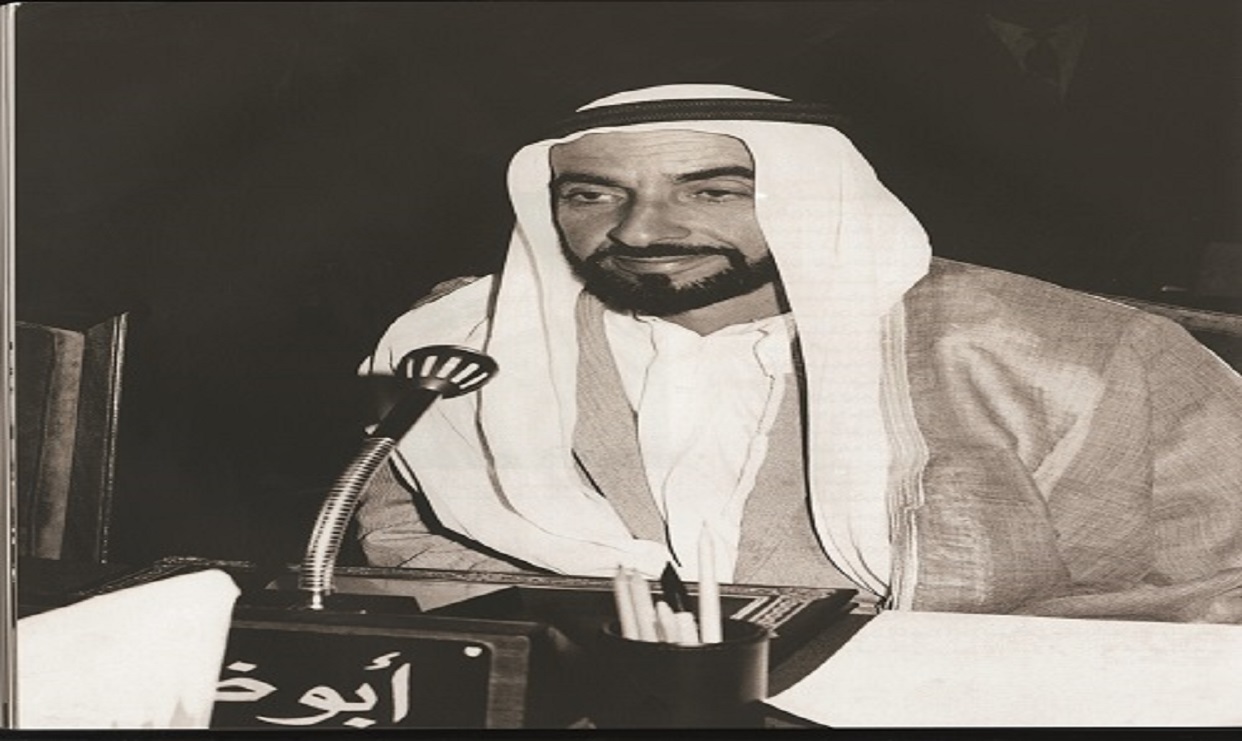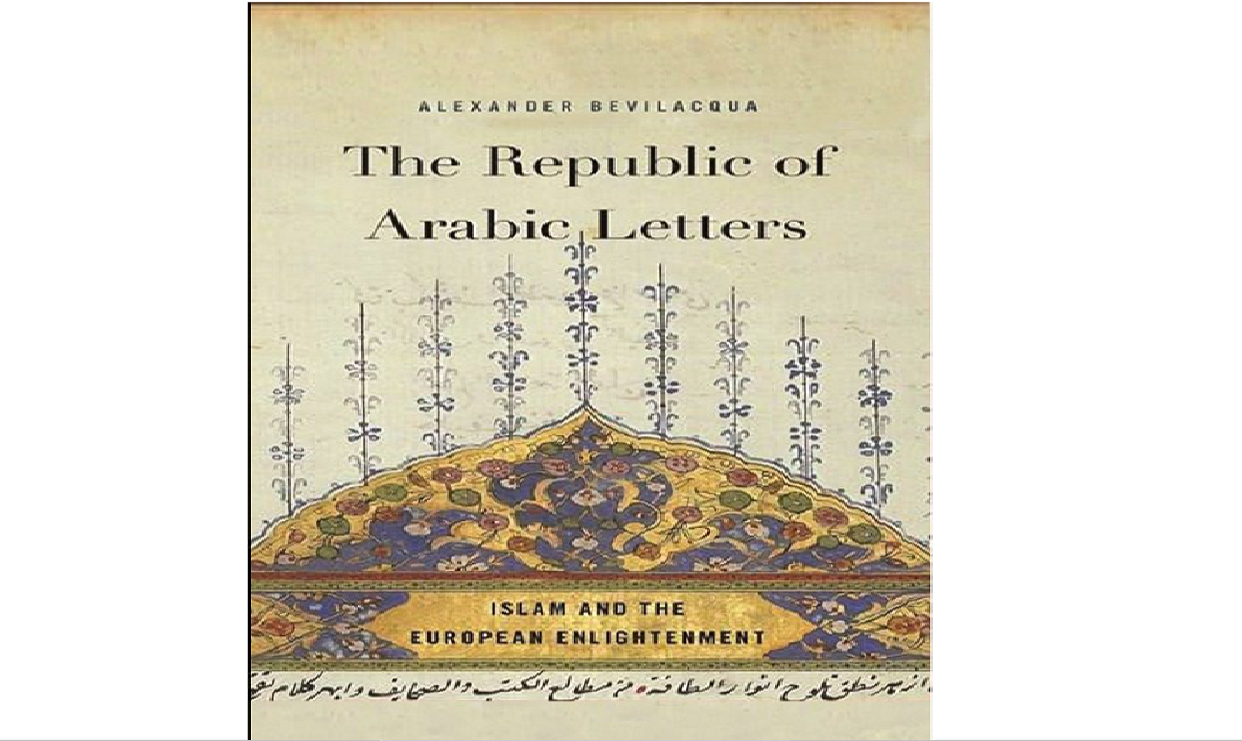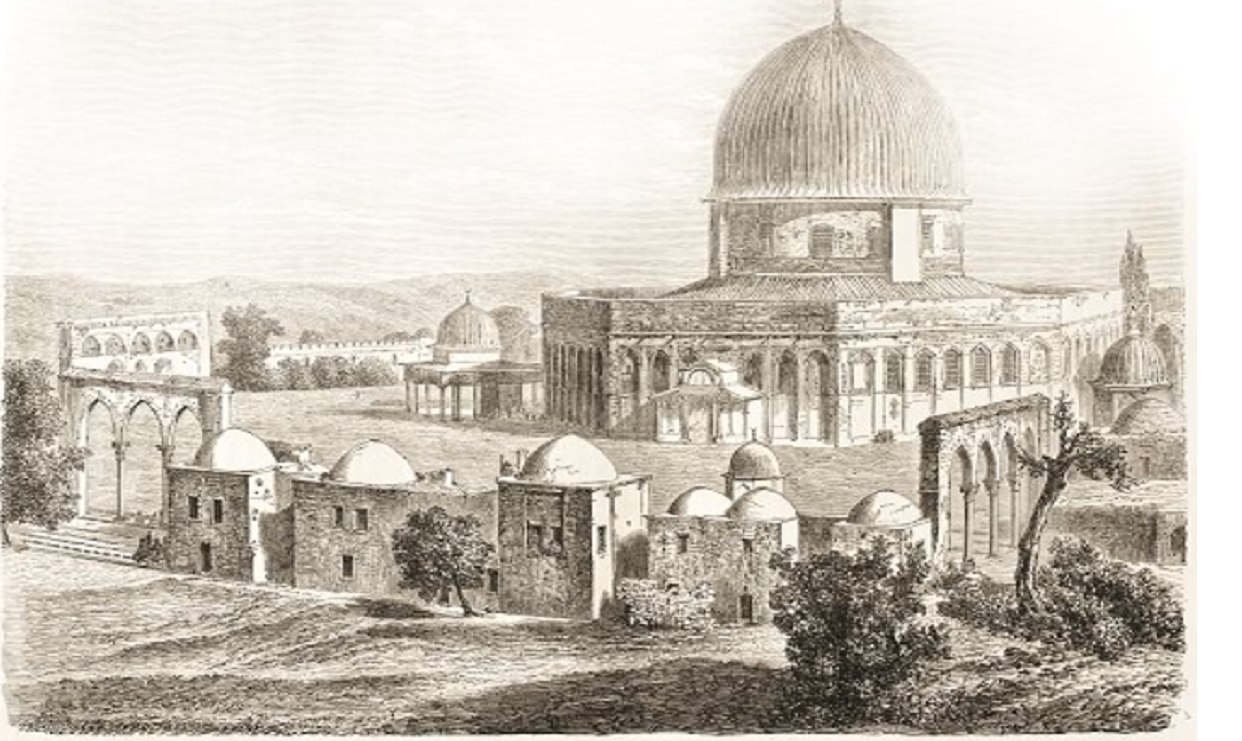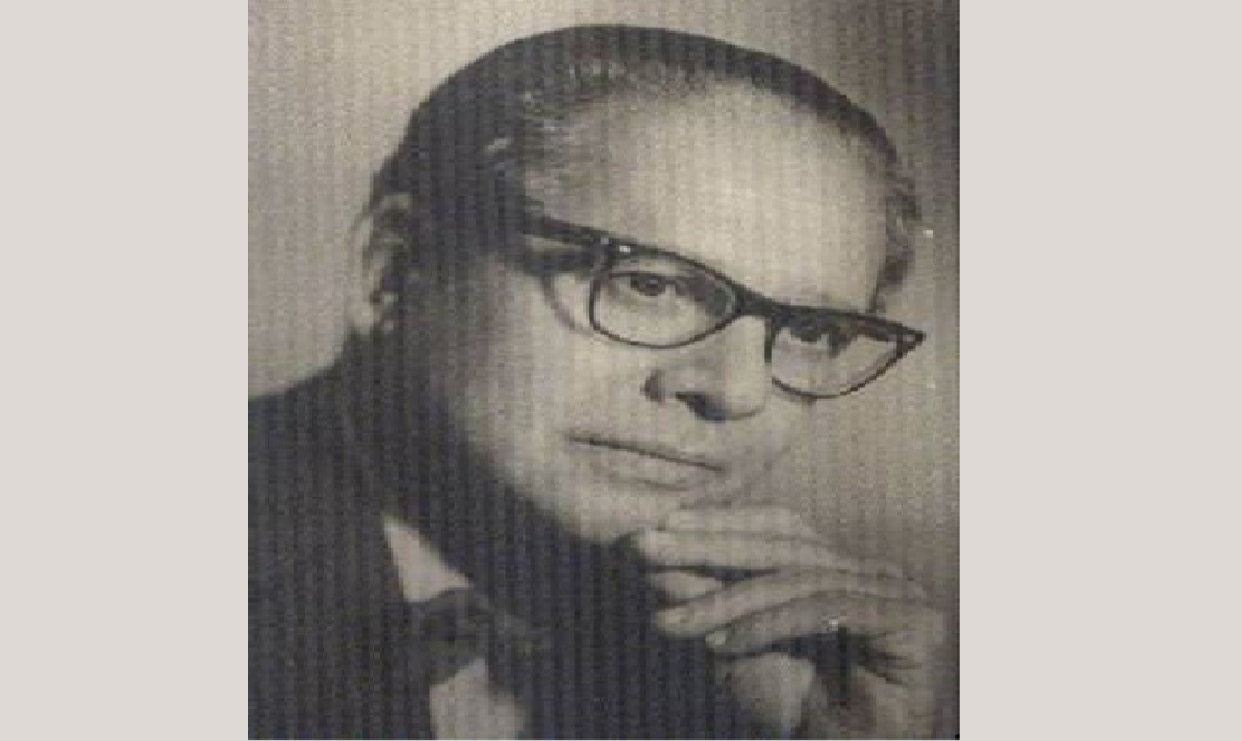1,535 عدد المشاهدات
Zayed, may God have mercy on him, focused on developing media since the early days of his rule of Abu Dhabi. Also, media members were very interested in Zayed seeking to interview him. The impressions of the journalists who had interviews and conversations with the late Sheikh Zayed in the second half of the sixties, reflect the greatness of this exceptional leader and express their admiration for him.
Let us, for instance, go through the testimony of the Indian journalist Kranjia, owner and founder of the Indian magazine Blitz, who conducted an interview -published in June 1970 – with the late Sheikh Zayed may his soul rest in peace. “None of the outstanding figures, who emerged in the era of the great renaissance the Gulf states started to witness after the discovery of oil, can be compared to Sheikh Zayed bin Sultan, the ruler of Abu Dhabi, in terms of the elements of his inspirational leadership, his political and economic theories he wished to apply in the region, and his various achievements that took place in a very short time. The ruler of Abu Dhabi embodies the resounding revival of this region, so much so that I could not resist talking to him all night long until dawn during the dinner banquet at his modest house on the occasion of my visit to the Emirate”, says Kranjia about Sheikh Zayed, may his soul rest in peace.
Just as Kranjia sought to conduct an interview with the late Sheikh Zayed in the early days of his rule of Abu Dhabi, many journalists of Arab and foreign media sought to meet him as well to conduct press, radio, television interviews. The change that took place in Abu Dhabi under the leadership of Sheikh Zayed and his assumption of power was striking, which stimulated the curious press and media that were monitoring the situation of the region remotely. There was no media in the UAE at that stage to reflect what was going on, or to cover the news overseas, except a single radio station set up by the Development Office of the Trucial States Council and a single magazine published in Dubai by the Dubai Municipality Public Library. We will come back to them when we shed light on the emergence of the UAE media and its establishment by Sheikh Zayed. Therefore, we will find many press, radio and television interviews with Sheikh Zayed published by Arab and foreign newspapers and magazines. At that stage, when Sheikh Zayed assumed power, the region witnessed the dawn of a new era attracting media members who came to learn more about the thought of this Bedouin man, his future vision, and the plans he has for his people and his Emirate. Those media members discovered that Zayed’s future plans were not limited to his Emirate only, but he had ambitions for all the Emirates, which were then called the Trucial Coast, or Trucial States. With his genuine believe in Arabic unity, Zayed had ambitious plans for the UAE, the Gulf region and the entire Arab nation. At that stage, with limited resources yet unlimited resourcefulness and ambitions, Zayed was able to accomplish the dream he had since he was in Al Ain. A dream that came true with the establishment of the United Arab Emirates. This was his first dream but not the ultimate one. Afterwards, he sought to establish the Gulf Cooperation Council and succeeded in announcing the establishment of the GCC from the UAE capital- Abu Dhabi- ten years after the founding of the UAE. After that, he sought to unify the Arab nation and resolve the dispute of its countries. He has achieved many successes, but many circumstances prevented him from achieving his endeavors. However, he didn’t give up until he passed away carrying the concerns of his nation.
Zayed, may his soul rest in peace, touched on many different issues in his early conversations and interviews; foremost among them were his endeavors to establish the United Arab Emirates, his keenness and his work to build the nation, his view of wealth and how to exploit it, and the idea of Arab unity, which was a permanent concern of his.
His philosophy of governance and life also appeared in those conversations. Power, according to Zayed, is not an end, but a means of serving people and bringing prosperity to them. To him, national interests are responsibilities placed on him that he should preserve honestly and fairly. Rather, Zayed believes the function of a ruler is to govern his people providing them with means of prosperity and progress. And for this purpose, a ruler must live among his people to feel their requirements, and know their problems. A ruler would not achieve this if he isolated himself from his people. Zayed believes in freedom and defines it as a basic goal that humans seek and cannot live without. He also believes in preventing monopoly of power and distributing responsibilities, taking into account the good selection of assistants, and observing their performance to ensure that they are doing their duty in the best way. His national concerns equal his local ones in magnitude and weight, and he thinks that God created people to live with each other, regardless of their status in life.
Zayed was a dreamer, but the difference between him and the rest of the dreamers was that he managed to turn dreams into facts. He had a stunning ability to win friends, double their numbers, and turn opponents into friends. Zayed had an extraordinary ability of taking the initiative to change the course of history; not waiting for what the days unfold, and looking for another way to deal with it. He had a combination of ideals and practical achievements, in addition to a clear vision that led to the consistency of his view, consequently treating all matters, issues and problems with wisdom and insight. Moreover, he didn’t show reservation to talk about any subject he is well aware of. He does not like political maneuvering, for him, politics are the practical application of the principle he preaches, and any dissociation between words and deeds is nothing but deceit, lies and hypocrisy. Zayed was spontaneous and modest and his spontaneity was evident in all his meetings. This is the portrayal of the late Sheikh Zayed, in the eyes of the media and through the eyes of media men. Zayed was a great and unparalleled leader, may his soul rest in peace.





